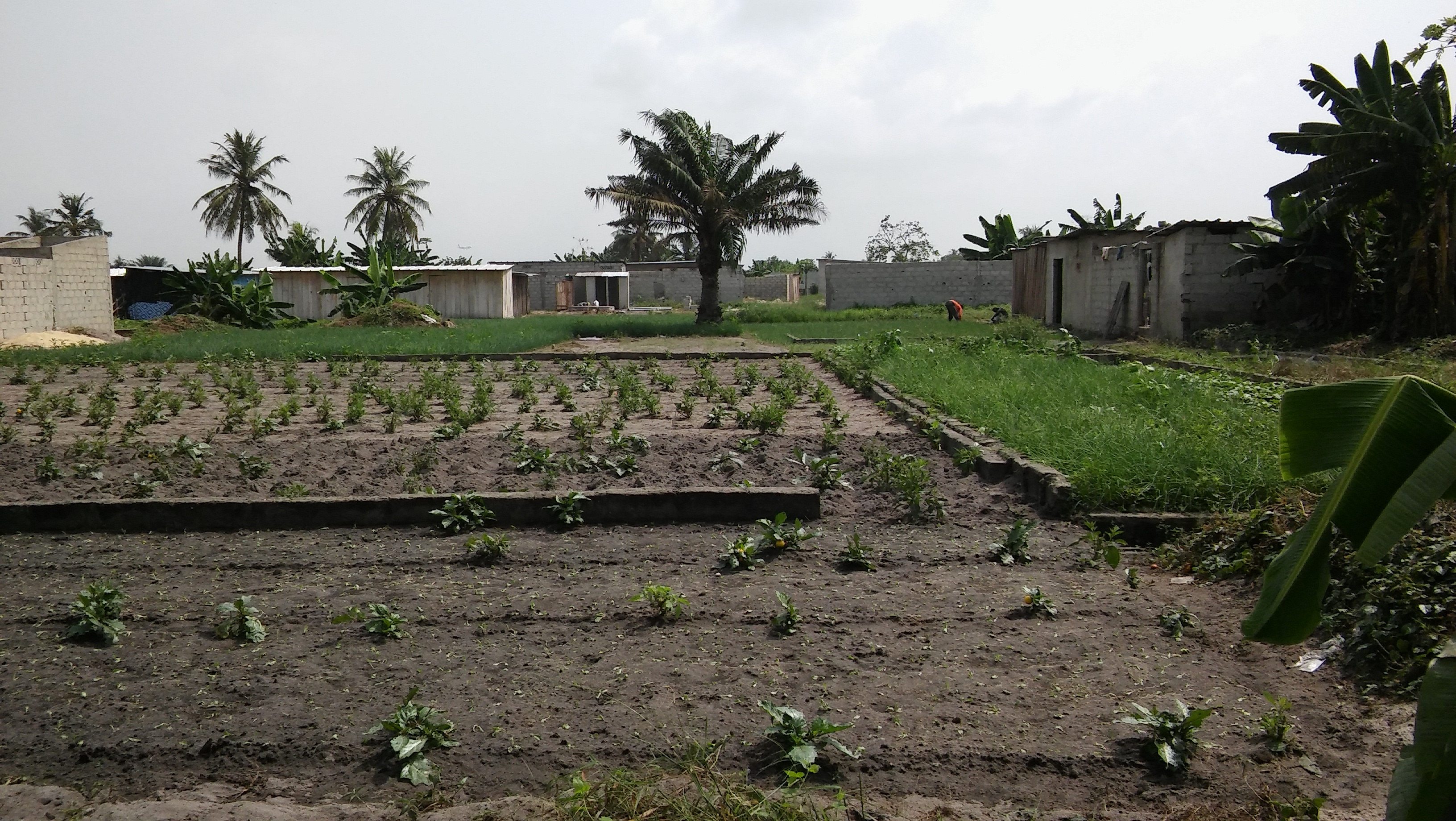Social entrepreneurship
Companies financing foundation

As a young girl, she sewed pieces of clothing from scraps of fabric using her mother’s sewing machine. “It struck me it would be possible to create fashion and rainwear from recycled industrial waste and used textiles, and to finance STEJ using the profits.
I founded my company Mi-Woè, which is now supplying goods to European boutiques under the brand name Zam-Ké.”
Later, she set up a fruit-juice production facility. The brand’s name is Vivifruits – “sweet fruit” in the local Mina language. Tenu’s company processes one ton of organic pineapples per week. The fruits are obtained from certified organic co-ops and small farms. “The farmers actually supply the French organic importer pronatura,” explains Abra Tenu. But pronatura only accepts the well-formed fruit, so Vivifruits can buy up the rest. The high-quality fruit juice, which comes straight from the pineapple without pasteurisation and without sugar added, is sold in the best hotels and restaurants of Lomé. The profits serve to fund STEJ, which operates a primary school, a neighbourhood library and a sponsorship programme for socially disadvantaged children.
For Abra Tenu, earning money is not the focus. “I consider my task to drive the sustainable development of my community,” she says. Her companies are currently employing eighty people, and there are fifty more employees and volunteers working for the NGO.
Link
Vivifruits (in French):
https://www.mi-woe.com/vivifruits/














